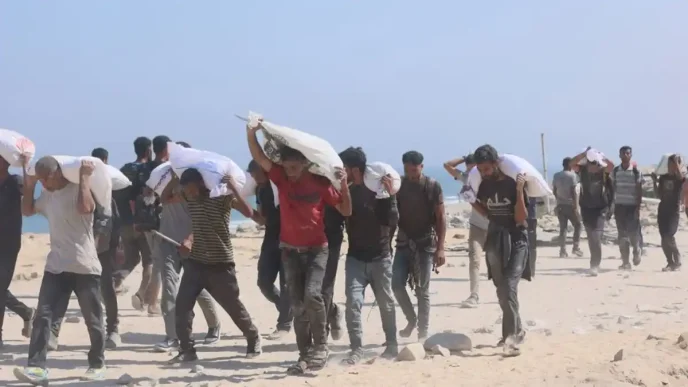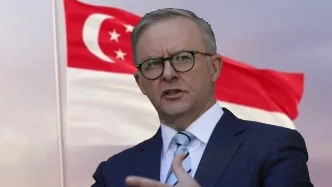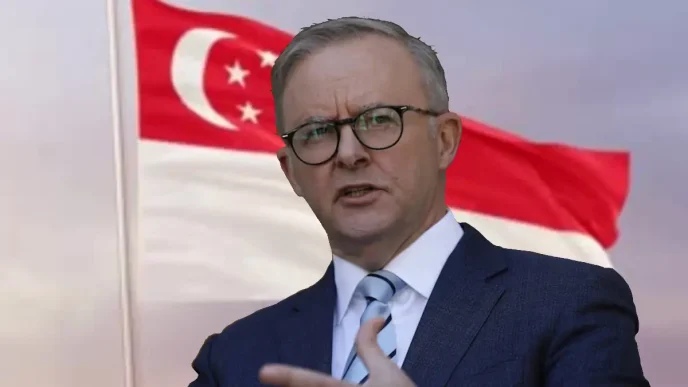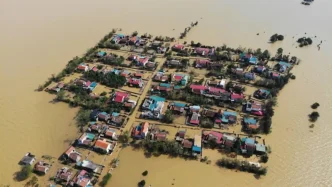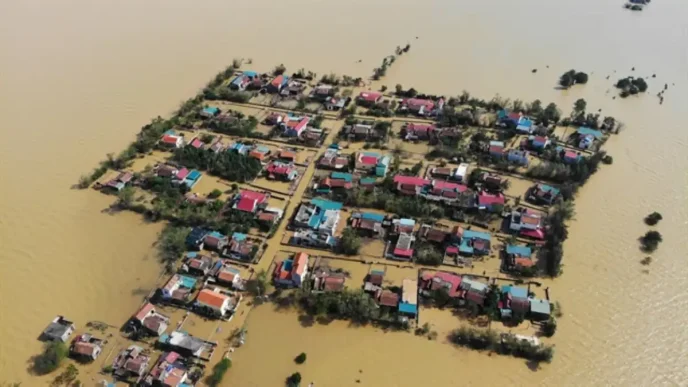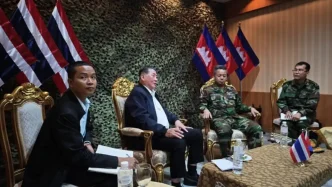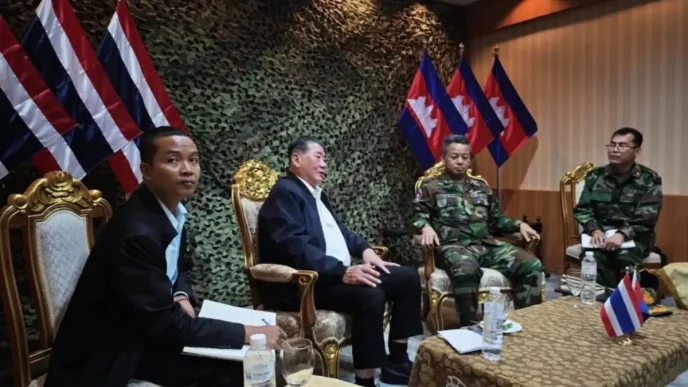Thailand’s suspended Prime Minister and Culture Minister, Paetongtarn Shinawatra, has formally submitted her defense to the Constitutional Court amid allegations tied to a controversial phone conversation with Cambodian Senate President Hun Sen. The case, which has gripped the nation, centers on ethical concerns and questions about her conduct during efforts to de-escalate a volatile border conflict. As the court deliberates, Paetongtarn remains sidelined from her duties, with the outcome poised to shape her political future and Thailand’s turbulent political landscape.
A Defense Amidst Allegations
On August 5, 2025, Dr. Prommin Lertsuridej, Secretary-General to the Prime Minister, confirmed that Paetongtarn had met the deadline for her second extension to submit a written defense to the Constitutional Court. Speaking to reporters in Bangkok, Dr. Prommin emphasized that all supporting documents had been finalized and delivered by the Prime Minister’s representatives. He expressed unwavering confidence in her intentions, stating, “I have full confidence in the Prime Minister’s good faith and her sincere intention to steer the country away from violence.”
The allegations stem from an audio clip of a phone conversation between Paetongtarn and Hun Sen, which has raised questions about her adherence to ethical standards as a public official. While details of the clip remain undisclosed in public reports, the conversation is believed to have been part of broader efforts to mitigate tensions along the Thai-Cambodian border. Dr. Prommin clarified that the discussion was not with an official representative in a formal capacity but rather an informal attempt to prevent bloodshed and destruction. According to him, these talks temporarily delayed violence, though Thailand’s sovereignty was ultimately breached, prompting a decisive military response.
“In response, the military had to act decisively to defend our sovereignty and territory with honor” Dr. Prommin told reporters. He added that subsequent efforts focused on securing a ceasefire and minimizing civilian hardship, with Paetongtarn working closely with military leadership to protect national interests. This narrative of collaboration and crisis management forms a key pillar of her defense, as her team seeks to frame her actions as driven by a commitment to peace.
A Temporary Step Down
The Constitutional Court’s decision to suspend Paetongtarn from her duties as Prime Minister has added another layer of complexity to an already contentious situation. Dr. Prommin underscored her respect for the court’s ruling, noting that she is awaiting the final verdict with hope that it will acknowledge her efforts to bring stability to Thailand. “We hope the verdict will reflect her sincere efforts to bring peace and stability to the country” he said.
The legal response, according to Dr. Prommin, has been meticulously prepared, with Paetongtarn addressing the accusations—particularly those related to ethical conduct—in detail. While the specifics of her defense remain confidential pending the court’s review, her team has signaled trust in the judicial process. “It is now up to the court to render its judgment. We trust in the fairness of the judicial process” he affirmed.
Speculation about Paetongtarn’s potential resignation has swirled in recent weeks, fueled by the political uncertainty surrounding the case. However, Dr. Prommin dismissed such rumors outright. “There are no plans for resignation. We are proceeding strictly according to the law and remain confident in our position” he stated, signaling her intent to fight the allegations rather than step aside.
Political Implications and Border Tensions
The ethics case against Paetongtarn Shinawatra unfolds against a backdrop of heightened political and regional tensions in Thailand. As the youngest daughter of former Prime Minister Thaksin Shinawatra, whose family has long been a polarizing force in Thai politics, Paetongtarn’s leadership has been under intense scrutiny since she assumed office. Her dual role as Culture Minister, sworn in just before the SPLASH – Soft Power Forum 2025 held on July 9 at the Queen Sirikit National Convention Centre in Bangkok, further amplifies her public profile at a critical juncture.
The border conflict with Cambodia, a recurring flashpoint in Thai foreign relations, adds a geopolitical dimension to the controversy. Disputes over territory and sovereignty along the shared border have historically strained ties between Bangkok and Phnom Penh, with periodic clashes claiming lives and displacing communities. Paetongtarn’s alleged outreach to Hun Sen, a veteran Cambodian leader with close ties to Thailand’s political elite, appears to have been an attempt to navigate these choppy waters through backchannel diplomacy. However, the ethical implications of such a conversation—particularly if perceived as bypassing official channels—have placed her in a precarious position.
Analysts suggest that the court’s ruling could have far-reaching consequences for Thailand’s political stability. A verdict against Paetongtarn risks deepening divisions within the country, where factions aligned with the Shinawatra family have long clashed with conservative and military-backed elements. Her suspension already creates a leadership vacuum at a time when Thailand faces economic challenges and regional security concerns. Conversely, a favorable ruling could bolster her position and reaffirm her commitment to governance, though it may not fully silence critics who question her family’s enduring influence over Thai politics.
Public and Regional Reactions
Public opinion on Paetongtarn’s suspension and the ethics case remains sharply divided. Supporters argue that her actions, even if unconventional, reflect a genuine desire to prevent violence and protect Thai citizens near the border. They point to her family’s legacy of populist policies and outreach to marginalized communities as evidence of her alignment with the public good. Critics, however, view the phone conversation as a potential overstep, raising concerns about transparency and accountability in her administration. The lack of public access to the audio clip itself has only fueled speculation, with both sides interpreting the situation through their respective political lenses.
Regionally, the case has drawn attention from neighboring countries, particularly Cambodia, where Hun Sen’s involvement adds a layer of diplomatic sensitivity. While no official statements from Phnom Penh have been reported on the matter, the historical context of Thai-Cambodian relations suggests that any perceived slight or misstep could reignite tensions. For now, the focus remains on Thailand’s internal judicial process, with regional observers likely awaiting the court’s decision before weighing in.
The Shinawatra Legacy and Thailand’s Future
The Shinawatra name has been synonymous with both innovation and controversy in Thai politics for decades. Thaksin Shinawatra, Paetongtarn’s father, was ousted in a 2006 military coup after implementing policies that endeared him to rural voters but alienated the urban elite and military establishment. His sister, Yingluck Shinawatra, also served as Prime Minister before facing legal challenges that forced her into exile. Paetongtarn’s rise to power, therefore, carries the weight of this complex family history, with her every move scrutinized for signs of either redemption or repetition of past missteps.
Her attendance at high-profile events like the SPLASH – Soft Power Forum 2025, aimed at promoting Thailand’s cultural influence globally, underscores her intent to project a forward-looking image even amidst personal and political challenges. Yet, the ethics case threatens to overshadow such efforts, casting doubt on her ability to lead effectively while under legal scrutiny. The Constitutional Court’s decision will not only determine her immediate future but also signal whether Thailand’s judiciary can navigate the intersection of politics and law without exacerbating existing fault lines.
Awaiting the Verdict
As Thailand watches the Constitutional Court deliberate, the stakes for Paetongtarn Shinawatra and the nation could not be higher. Her defense, rooted in claims of good faith and a commitment to peace, will be tested against allegations that strike at the heart of ethical governance. Whether the court vindicates her or delivers a harsher judgment, the outcome will reverberate through Thailand’s political corridors and beyond its borders. For now, Paetongtarn remains a leader in limbo, her fate intertwined with the broader struggle for stability in a nation no stranger to conflict and change.








